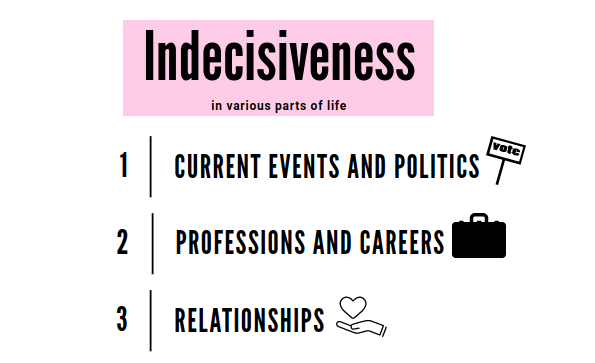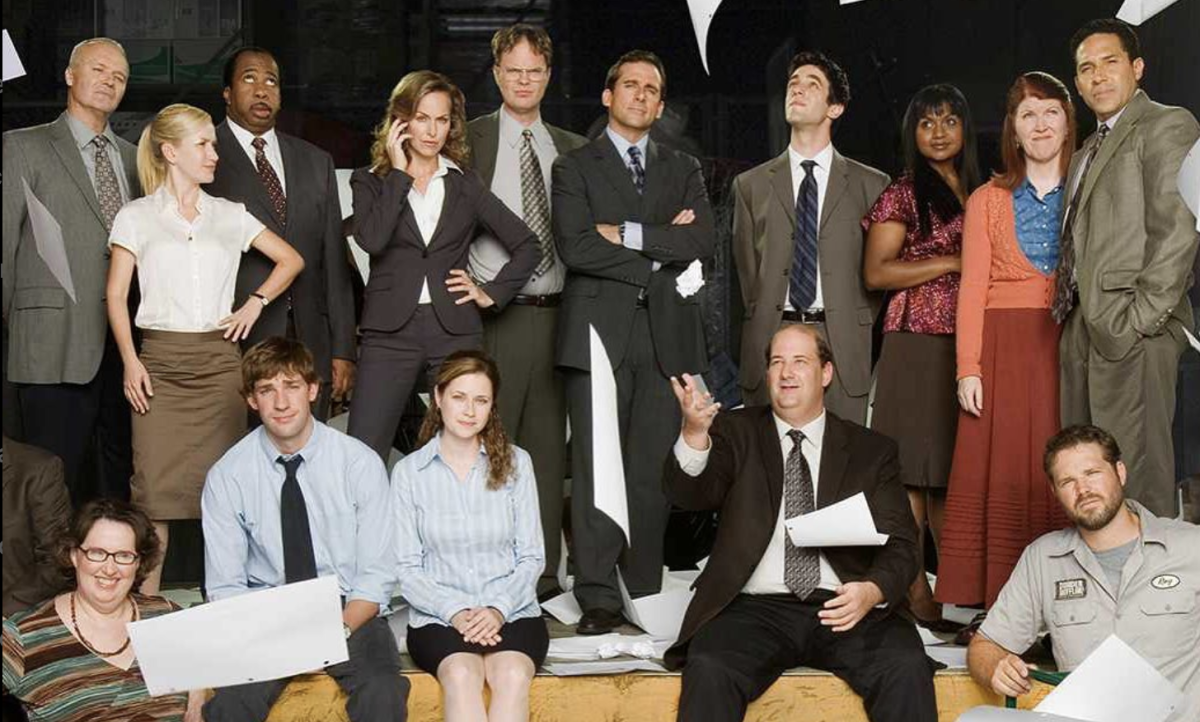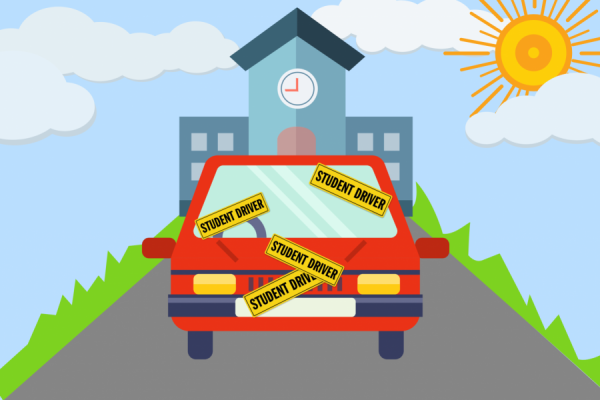Can’t decide? Maybe you shouldn’t

Graphic by Charlotte Alden.
February 26, 2018
I’ve long wished to be a more decisive person. Whether I’m deciding where to get dinner, what classes to enroll in or which activities to dedicate my time to, I often find myself in a paralysis of endless consideration and lengthy pro-con charts.
Decisiveness, I felt, was the mark of a firm and principled person—someone reliable, steady and compelling. For a while, one of the few things I could make up my mind about was that I needed to make and commit to decisions faster.
But I’ve recently realized that indecisiveness has its own charm and importance. Making decisions is necessary, but every once in a while we just need to throw up our hands and say, “I don’t know!”
Being able to admit that is more important than you might think.
Indecision in current events and politics
Looking at our school—and honestly, our entire nation—it’s rare to see political indecision from anybody, and it’s even rarer to see someone change their minds about politics.
I realized the importance of indecisiveness when I joined debate a few years ago. Contrary to my expectation, debate didn’t make me more decisive. Instead, by showing me both sides of controversial issues, debate made me more careful about my opinions and less critical of myself when I changed my mind.
I don’t think altering an opinion is something we should be afraid of; if anything, it’s something we should be proud of. The ability to stay open-minded and question long-held assumptions is a value our country sorely needs. Flip-flopping is viewed as political suicide, but perhaps, sometimes, it should command respect.
History has shown that excessive political decisiveness affects lives much more than expected. For example, in the 1980s campaign D.A.R.E., which urged students to “just say no” to drugs, the Department of Education found that its participants were 29 percent more likely to experiment with drugs than non-participants. And yet, politicians avoided flip-flopping. One legislator admitted that there are “gaping holes in the program, but… [n]o one’s going to risk their political future” by changing their stance. In areas like these, accepting that a first decision isn’t always the right decision has the potential to improve thousands of lives nationally.
Professions and careers
I know people who have wanted to be a doctor, teacher or actress since age 10, and they’re still following that dream. For a long time, I wished I knew exactly what I wanted to do in life too. It seemed like a beautiful relief to have a decided mission to keep me charged and moving forward.
But indecision, although often the scarier path to take, has the potential to be eye-opening in a way that a determined path cannot. While I expect that experimentation will lead to a lot of failure and disappointment, it’s just as likely to lead to hilarious experiences, opportunities for self-discovery and perhaps more fulfilling achievements in the long run.
As Alexis Grant, an entrepreneur and former journalist for the Houston Chronicle, wrote, “Experimentation is the key to figuring out how to make a living doing what you love.”
Relationships
Indecision can also be helpful in strengthening and renewing friendships. Even when others can’t help, consulting them—divulging hardships, valuing their perspectives and receiving attention—strengthens relationships. As Sue Varma of NYU explains, asking friends for advice in times of indecision is a win-win, and one of the most important parts of a strong friendship.
Furthermore, indecision leads to better long-term decisions. For example, a 2013 poll conducted by Siemens found that 73 percent of adults felt they were just “making do” with their first partner, foregoing long-term happiness, which psychologist George Pratt reasons leads to depression and shorter life spans. In cases like these, eschewing a longer or more thoughtful period of indecision leads to compromising our long term happiness and well-being.
Indecisiveness is often viewed as a character flaw. But if there’s anything we should be decisive about, it’s that sometimes, a little indecision can go a long way.
Eva Herscowitz contributed to the research for this article.








